#Paige Howard
Explore tagged Tumblr posts
Text
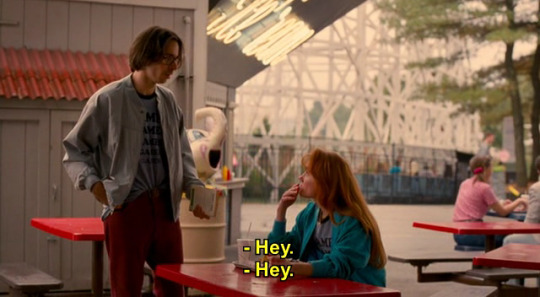

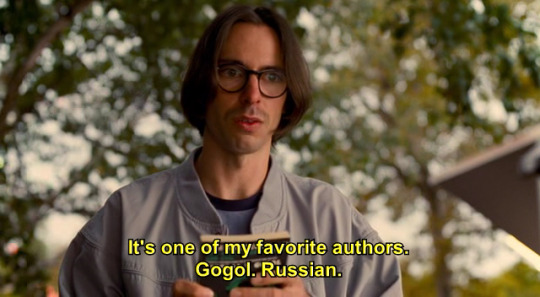
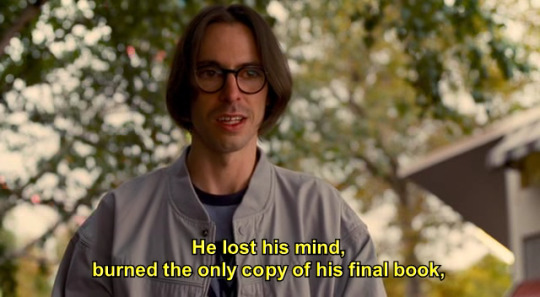
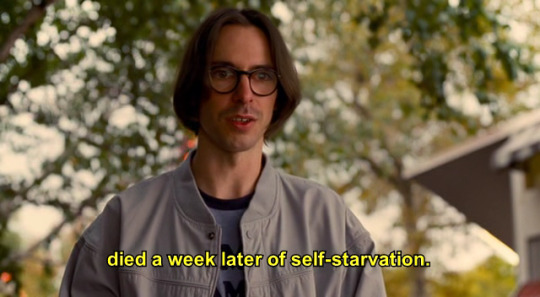
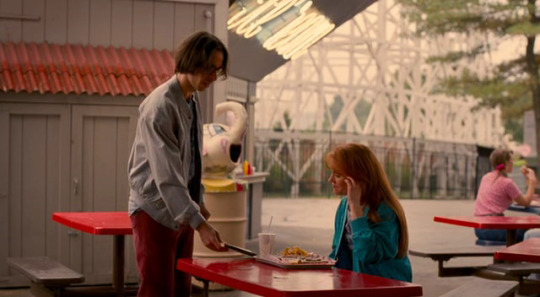
Adventureland, 2009
134 notes
·
View notes
Text

updated photo of paige and rhyne! with naz looking gorgeous as well!
100 notes
·
View notes
Text
Masterlist
Four - One direction

Steal my girl - Paige Bueckers
Ready to run -
Change your ticket -
Spaces - Rue Bennett
Illusion - Robin Buckley
18 - Kate Martin
Where do broken hearts go? - Regulus Black
Fireproof - Ellie Williams
Night Changes -
Stockholm syndrome -
Once in a lifetime -

Ok so boom, hi boos!! Haven’t been active in a while but finally I’m done with school so I can start this project I’ve had for a while! So basically I’m publishing a one shot for every song on the album Four by One direction. As you can see many songs don’t have a character yet so suggestions are always welcome! I’ll try to write the ASAP because I’m really really excited about this.
Hope you enjoy!

Requests are open!
Masterlist
#paige bueckers#paige bueckers x reader#kate martin#Kate Martin x reader#lesbian#fanfic#wcbb x reader#robin buckley x reader#regulus black x reader#ellie williams x reader#tlou#rue bennet x reader#euphoria#Lexi Howard x reader#kk arnold x reader#boowrites★
49 notes
·
View notes
Text
erin’s draft list .ᐟ
ᡣ𐭩 cameron brink hcs
ᡣ𐭩 backshots with diana
ᡣ𐭩 breanna stewart hcs
ᡣ𐭩 rhyne howard hcs
ᡣ𐭩 sub!paige bueckers blurb
#♡︎ — draft list#sorry they’re mostly hcs#cameron brink x reader#diana taurasi x reader#breanna stewart x reader#rhyne howard x reader#paige bueckers x reader
22 notes
·
View notes
Text
kiley was done so so dirty. i was rooting for her and alex, but at the end i realized she deserves better and shouldnt be waiting for someone she was second choice to. always sorry 4 the childhood best friend :((
#mlwtwb#my life with the walter boys#alex walter#she was there along but he didnt see that!!#she supported him thru jackie AND paige#jackie howard
21 notes
·
View notes
Text

ok i have something to confess…
i’m all for paige to cali but i wouldn’t mind seeing her in my city!! like i wouldn’t be mad at all!! and this would lowkey be a fire duo
#paige bueckers#rhyne howard#this is definitely me being selfish and wanting paige in the A#fire the coach first tho and then i’m rockin with it#atlanta dream#wnba#wbb
13 notes
·
View notes
Text

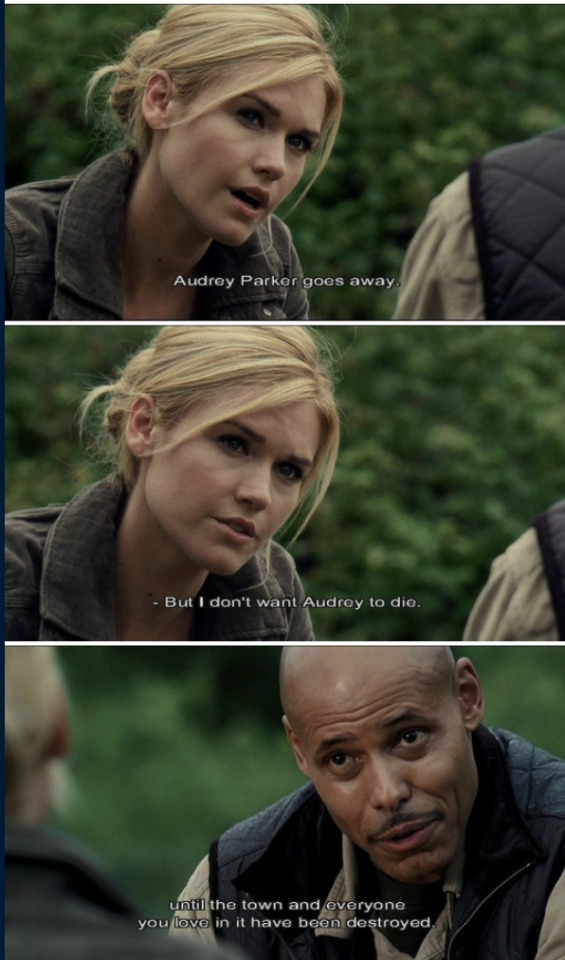

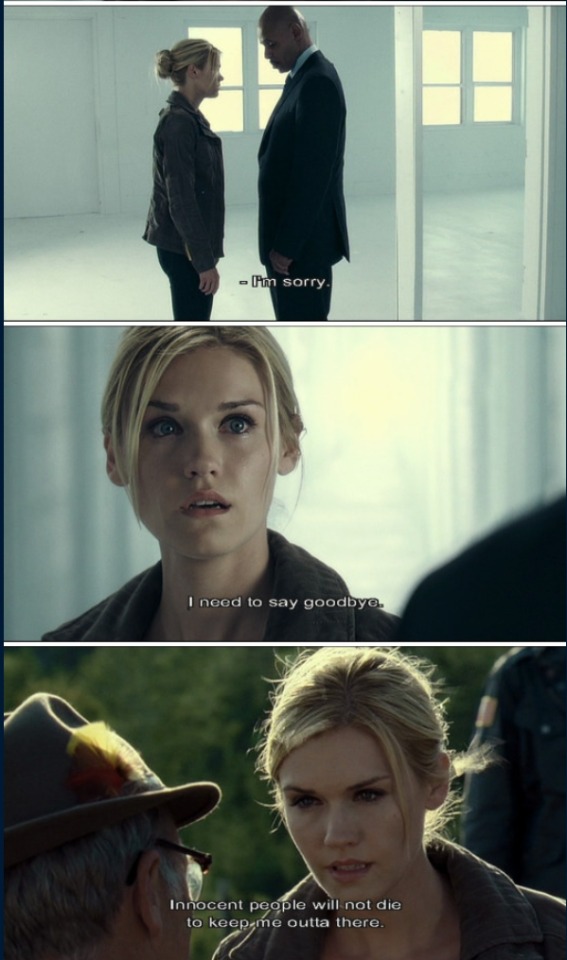
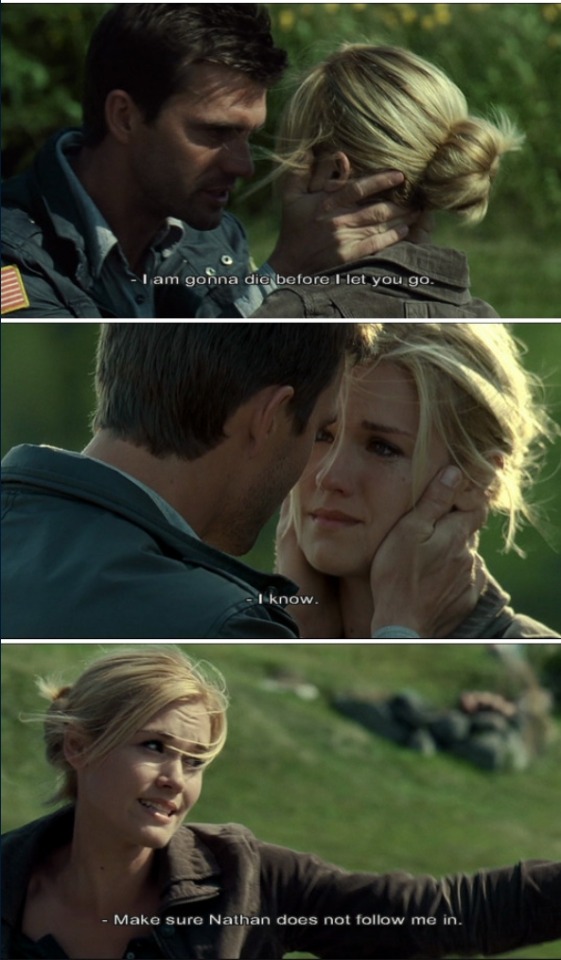
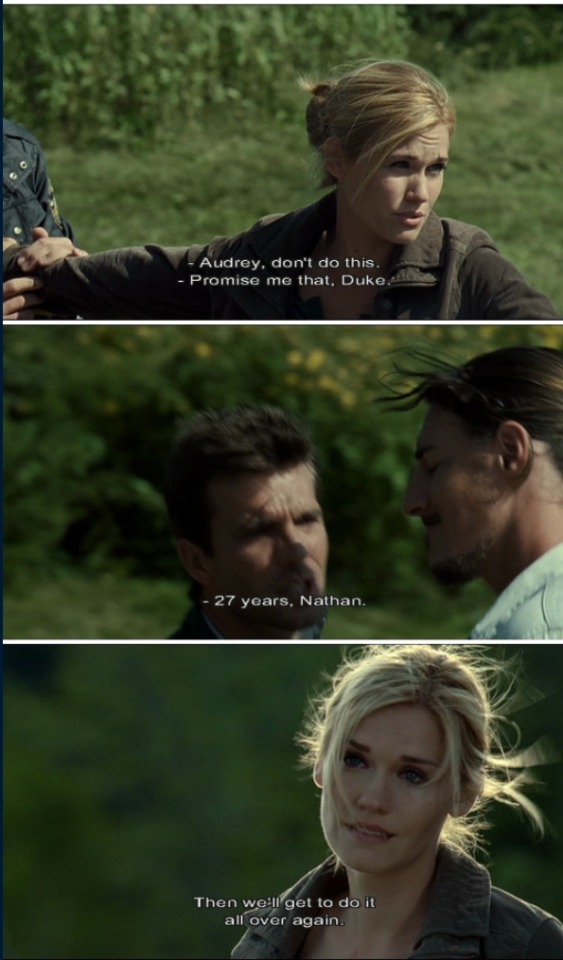
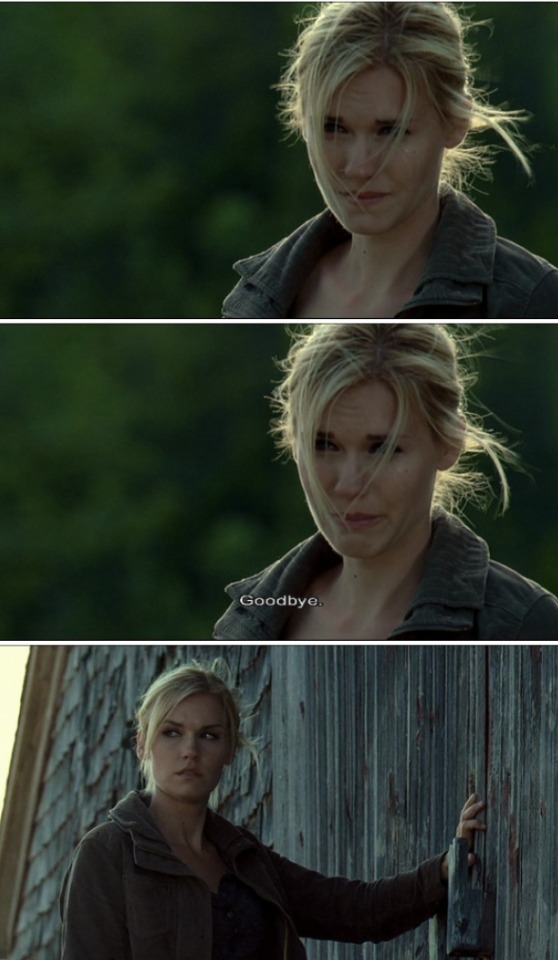




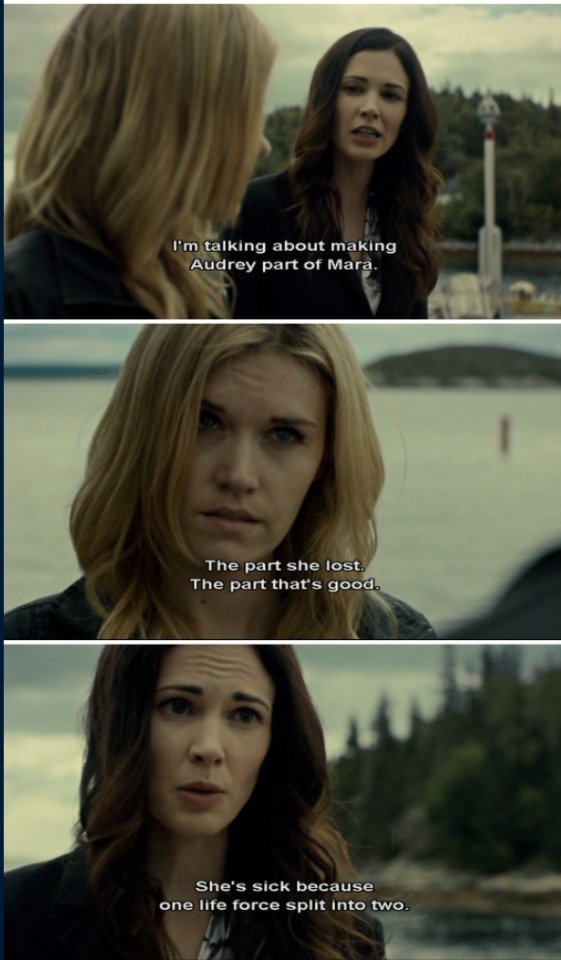
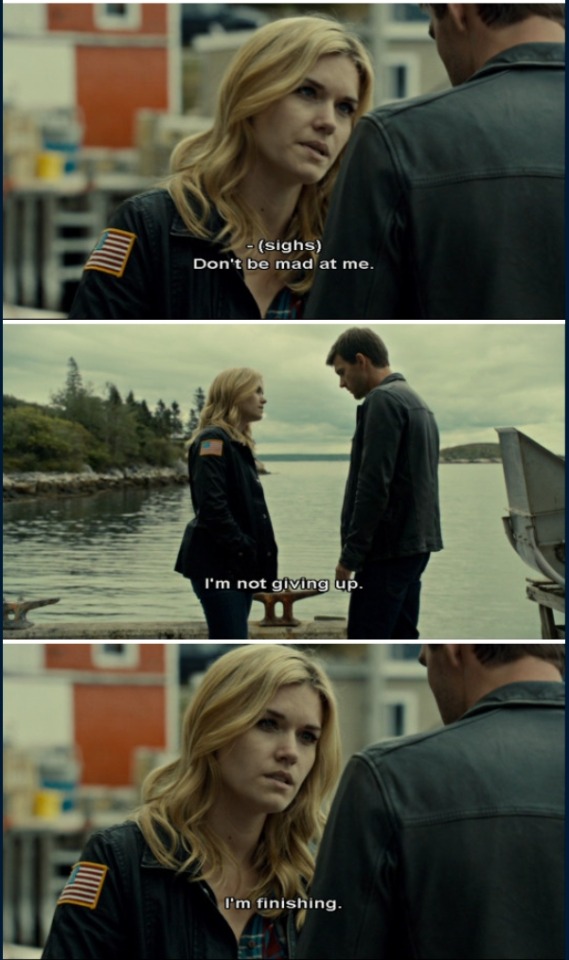

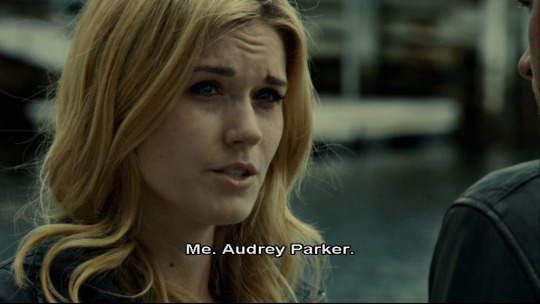
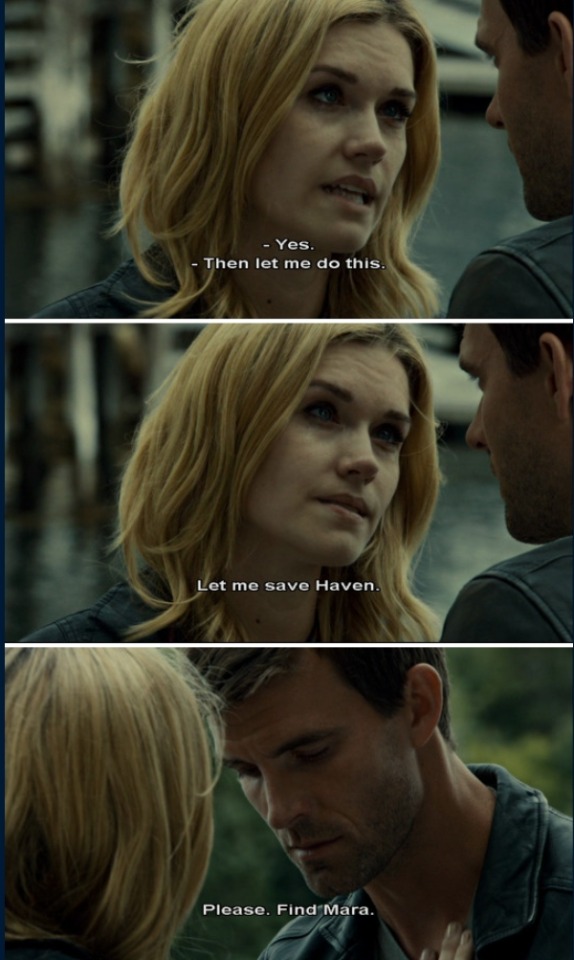
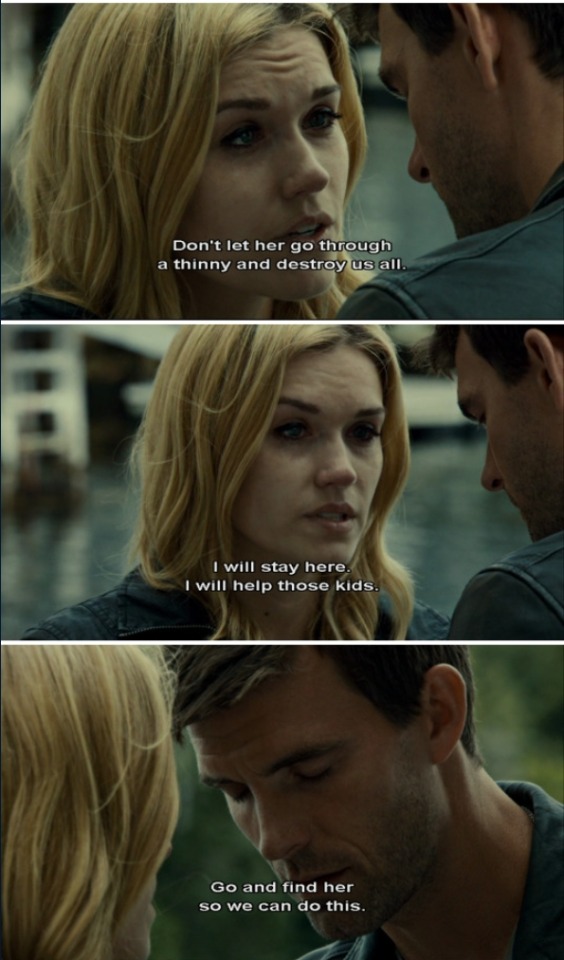
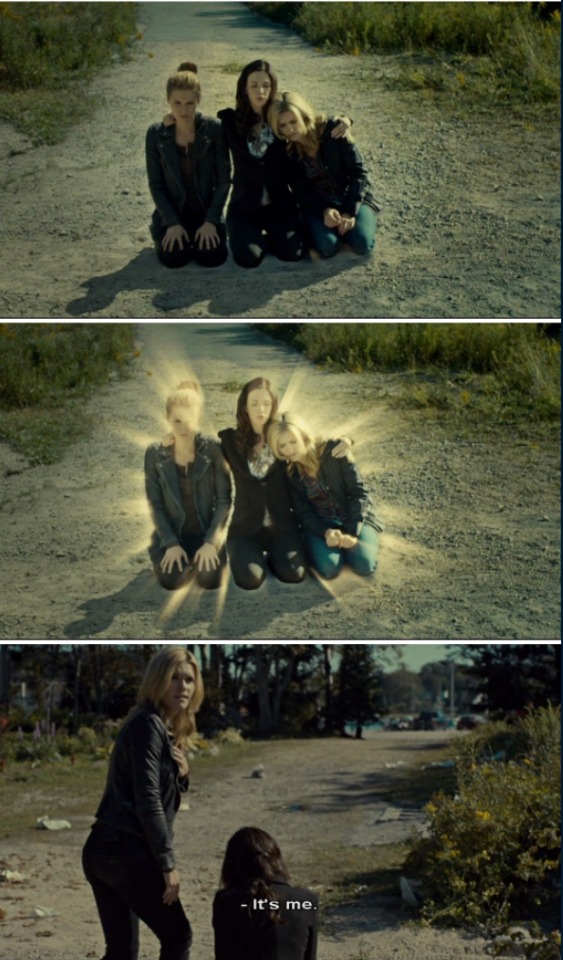

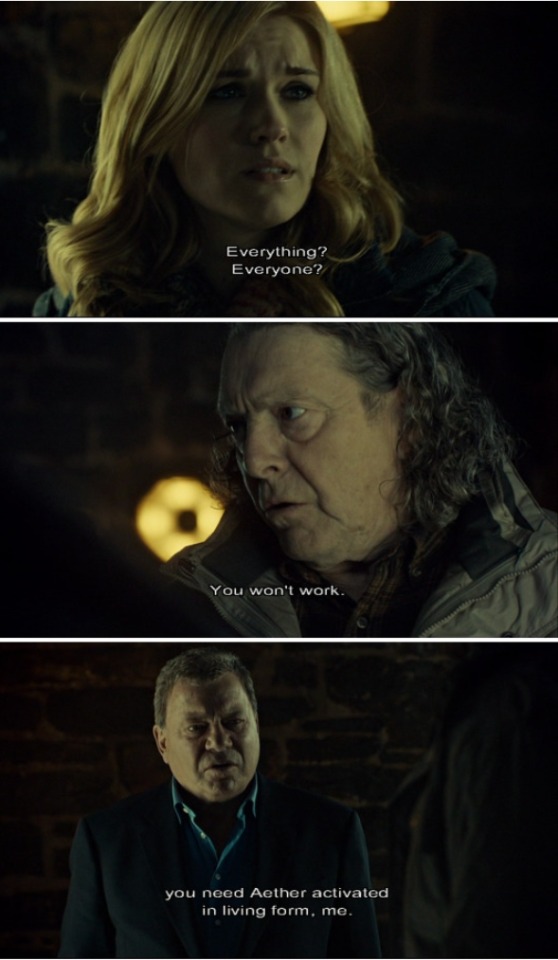


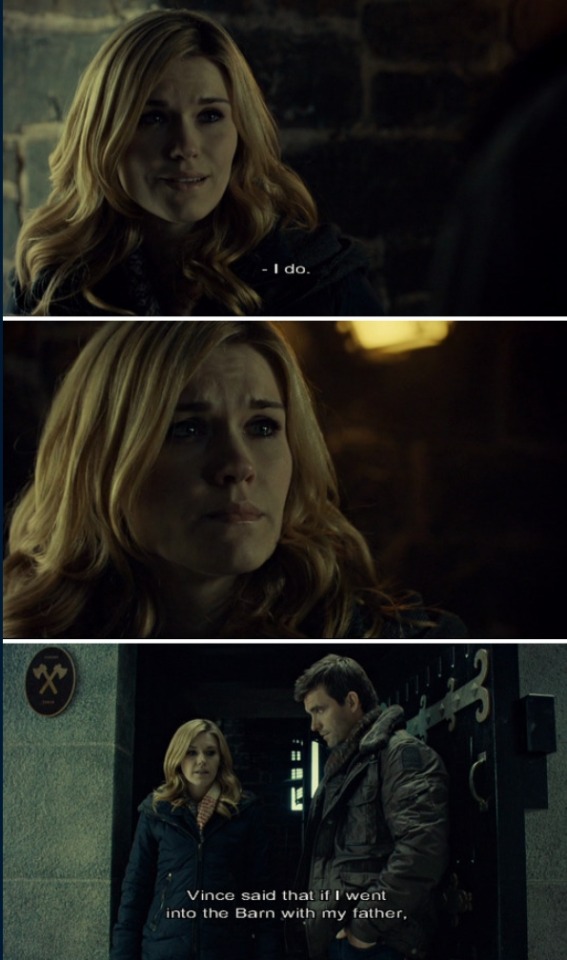



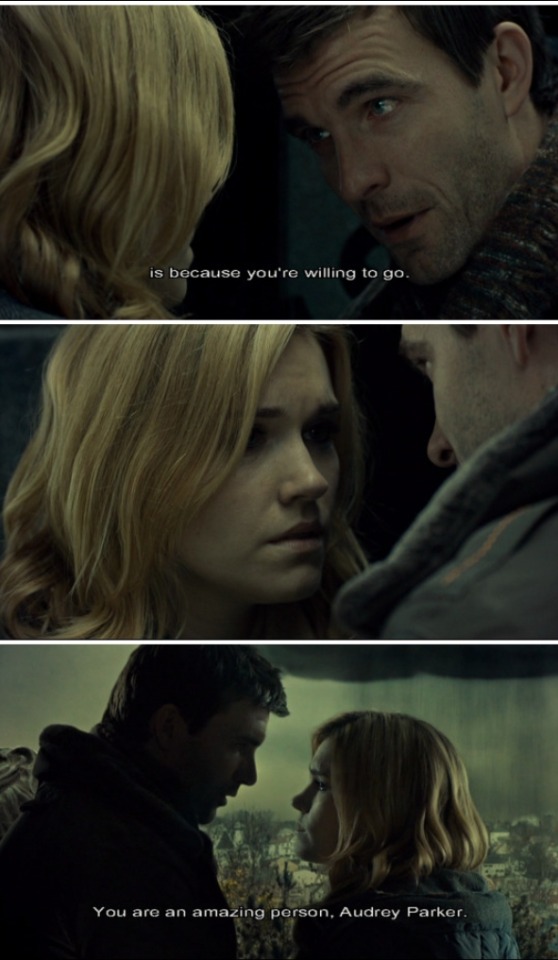
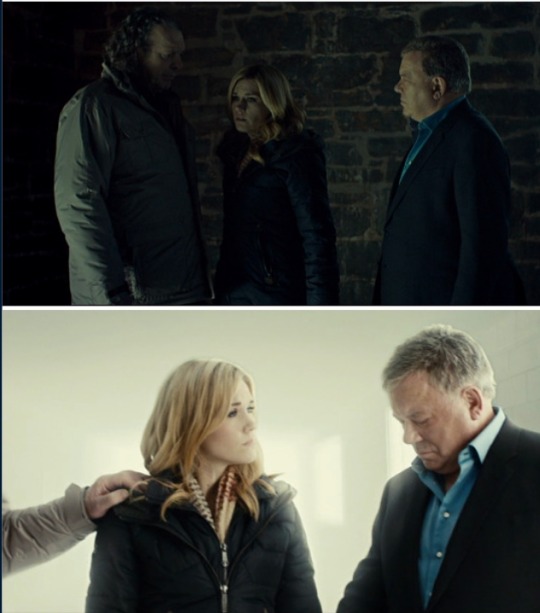
Haven parallels: Audrey's sacrifices (3x13 Thanks for the Memories/ 5x13 Chosen/ 5x26 Forever)
+aftermaths
Lexie-Audrey

Paige
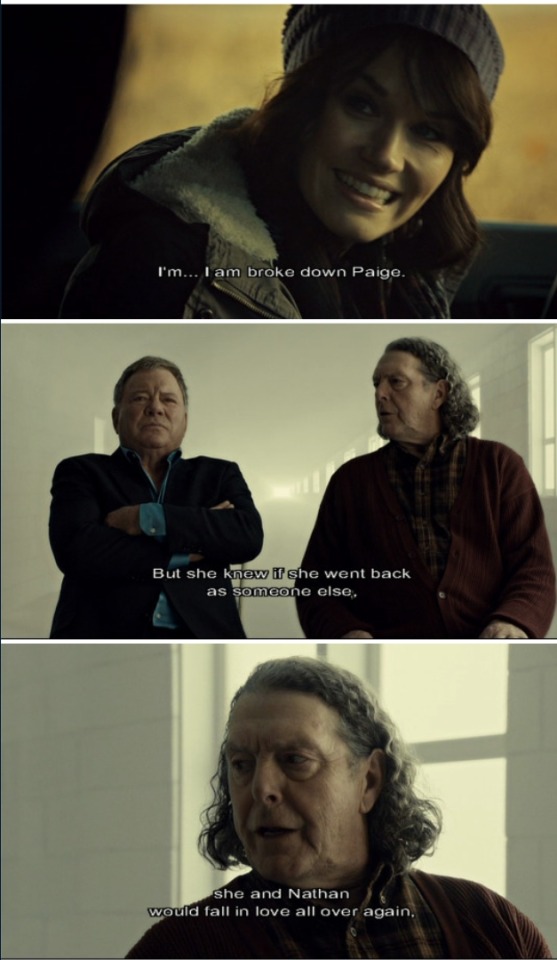
#havensyfy#audrey parker#emily rose#lexie dewitt#byron howard#nathan wuornos#nocticola art#paige cross#paige (haven)#haven parallels
10 notes
·
View notes
Text

🥀 I haven’t drawn Belle in quite a while. Back in 2020, I had drawn her holding Aladdin’s lamp. Quite similarly to what I do when drawing Ariel, whenever I’m drawing Belle, I refer back to drawings and scenes done by her two supervising animators, James Baxter and Mark Henn. Both animators handled Belle differently artistically. Henn mostly animated Belle while he was at Disney’s satellite studio in Florida and did more footage of her than Baxter. Henn’s scenes are of her first encounter with the Beast, her sneaking into the West Wing, the “Something There” sequence, and the Beast’s death and resurrection scene. Baxter depicted Belle as a mature and sophisticated and it proved a perfect balance with Henn’s interpretation of the character as a sweet, warm, and curious girl. 🥀
#Belle#Beauty and the Beast#character study#Disney fanart#Aladdin’s lamp#enchanted rose#Paige O’Hara#Mark Henn#James Baxter#Randy Cartwright#Ken Duncan#Lorna Cook#Kirk Wise & Gary Trousdale#Don Hahn#Howard Ashman & Alan Menken#Be Our Guest#Something There#Human Again#Tale As Old As Time#Disney princess#Once Upon A Studio
4 notes
·
View notes
Text
"I am also my mother’s son" | The Worth of Water excerpt
[Note: This is an excerpt from Gary White and Matt Damon’s book The Worth of Water: Our Story of Chasing Solutions to the World’s Greatest Challenge (March 2022), published by Penguin. This excerpt was retrieved from the sample provided for the Kindle Edition (Loc. 90- 159), and immediately follows this section.]
-
I should probably pause right here to acknowledge that the “celebrity goes to Africa and resolves to change the world” thing has probably triggered your gag reflex. It triggers mine, too. I might, in fact, be that celebrity, but I am also my mother’s son.
My mom, Nancy Carlsson-Paige, who’s in her seventies now, was a professor of early childhood education when I was growing up. She taught at Lesley University in Cambridge, Massachusetts. From the time I was nine years old, I lived with my mom and brother in a six-family communal house near the school. You know when people complain about the liberal bias of academia, and they paint some ludicrous picture of a kind of super-bookish hippie commune? Yeah, I grew up there. No joke, one of my babysitters was Howard Zinn, the famous Boston University professor who wrote A People’s History of the United States and helped lead the movement to teach history from the perspective of oppressed people rather than the people who did the oppressing. When people call me a Hollywood liberal, part of me wants to fight back—and part of me just wants to say, “Well, Cambridge, not Hollywood.”
During my teenage years in the eighties, one of the big issues you heard a lot about in Cambridge (not at the places where Ben and I were hanging out in Central Square, but definitely around my dinner table) was the upheaval in Central America. The roots of the crisis went back to the 1950s, when the Eisenhower administration ordered the CIA to help overthrow the democratically elected president of Guatemala on the notion that it would stop the spread of communism in our hemisphere. Guatemala’s president was just a left-wing social reformer, not a Communist, but the fear he might secretly be one, or might someday become one, was enough for the United States to support a military coup. Two hundred thousand people died in the civil war that followed. In the seventies and eighties, leftist movements in the region—the Sandinistas in Nicaragua and the FMLN in El Salvador—overthrew a dictatorship and a military junta, respectively. The United States backed the dictators, giving them the training and funding to conduct long and bloody civil wars. There were terrible human rights violations on both sides, but there’s too much tragic history to cover in this book—anyhow, I know some people aren’t going to trust a guy who first learned history from Howard Zinn to tell it.
Suffice it to say that when I was growing up, Cambridge was a major center of resistance to these policies. You’d see churches hosting memorials for victims of political oppression; you’d run into community volunteers walking door to door carrying pictures of war victims, raising money for them. I remember big protests in Boston Common—including one where five hundred people occupied the JFK Federal Building. My mom went to these protests. She was arrested at one of them. And while they didn’t exactly reverse US policy, they did make a difference. Our governor defied the Reagan administration by refusing to send the Massachusetts National Guard to conduct military exercises in Central America. Cambridge declared itself a sanctuary city for refugees from the conflict and chose as our sister city a Salvadoran village that had been devastated by violence; we sent medical supplies and other kinds of support.
Around this time, my mom started learning Spanish and traveling to Central America whenever she could. She went to Guatemala, El Salvador, Honduras. She went mainly to get a better sense of what was happening there and to bring the news back home to help strengthen the case against further US intervention. A lot of activists believed that if American citizens were on the ground in these countries, our government wouldn’t risk their lives by invading.
She brought me along on three of the tamer trips. To start with, we’d live with local families and take language classes, and then we’d spend the rest of the trip backpacking around the country, riding on buses filled with chickens. The summer we went to Guatemala, there was still fighting going on up in the mountains. Once, a truck passed me with a bunch of kids in the back. They had camo paint on their faces and guns in their hands. They were on their way to join the battle in the hills. I was seventeen at the time, and they looked like they were around my age or even younger. I’ll never forget making eye contact with one of them and seeing his blank stare. That kid had seen a lot of things I hadn’t and never would.
The next summer—it was 1989 and I’d just finished my first year of college—my mom said: “Matt, I’ve been restraining myself on these trips because you and Kyle need a mom. But you’re both grown now, and you should know I’m not going to do that anymore.” She started going to more dangerous places—including Cambridge’s sister city in El Salvador. The town had been suspected of harboring guerrillas, and while she was there, the Salvadoran army came in, fired their guns in the air, and urinated in the town well to contaminate the water. Thankfully my mom was unhurt. She came home even more intent on engaging with the world—on working to figure out what was going on, and how she could take a more active role in righting injustices.
But her views on all this were complicated. As determined as she was to make a difference, she was also deeply skeptical of people, governments, aid organizations—anyone, really—rushing into struggling communities in the name of help. I remember her telling me that intervention—however well-meaning it might be—can come from a place of condescension, can even reflect a kind of unconscious racism, an assumption that black and brown people just aren’t capable of helping themselves. She couldn’t stand the arrogance of relief workers who thought they had it all figured out, who just needed to bestow their wisdom and largesse on people in need. (Seriously, don’t get her started on this.)
My mom turned this scrutiny on herself, too. She knew her heart was in the right place, but she also knew that wasn’t enough. Her travels showed her how hard it was to truly understand the complexities of life in a country where you’ve never lived, to appreciate a set of circumstances so different from any you’ve ever faced, or to anticipate the consequences of any ideas you bring from the outside. The caricature of the crusading liberal is pretty familiar. But it was clear to me that my mom wasn’t crusading. She was wrestling—with herself and her own hesitations. She was working hard to avoid the traps she saw all around her. She was trying to be humble, never presumptuous, trying to make sure she never imagined, even subconsciously, that she knew more about the circumstances of these Salvadorans or Mexicans or Guatemalans than they did themselves. And so, armed with self-awareness, at least, she got back on a plane to see what she could do.
But a lot of time—years, actually—passed between having those conversations with my mom and applying those lessons myself. They were years in which, for a while, I was living out of a duffel bag, going from friends’ couches to acting jobs and back to friends’ couches—years in which engaging with the world, to be honest, took a back seat to getting bigger and better roles and steady work. Then, when that began to happen, it took all my energies to make sure it kept on happening; then Lucy and I were starting a family, and so on; and before I knew it, it was 2006, and Bono was pestering me to get involved. He had shown that advocating for others didn’t mean you had to stop living your own life. He and U2 didn’t stop recording albums during all those years he’d been campaigning against poverty. He didn’t quit his day job or give any less of himself to his wife, Ali, and their four kids.
And he didn’t hang back out of concern that people were going to roll their eyes every time a rich rock star started talking about poverty, or that they were going to call him a hypocrite or a dilettante or a photo-op philanthropist. People did call him all these things, and still do; it comes with the territory. But Bono takes the position that a little eye-rolling and some snark on social media is a small price to pay for doing something as opposed to, you know, doing nothing, or simply writing checks. Don’t get me wrong: giving to charities is important, and if you’ve been lucky, as I’ve been, you can give something proportionate to the good fortune you’ve received. I’ve always been a big believer in that. But at the same time I had the feeling there was more I could be doing. That trip in 2006 was my first real step toward figuring out what that might be.
#matt damon#nancy paige#howard zinn#bono#luciana barroso#on activism#on politics#early childhood#teenage years#1988#1989#2006#2022#the worth of water#book#originals
3 notes
·
View notes
Text
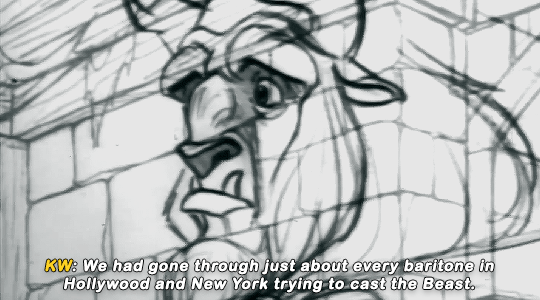
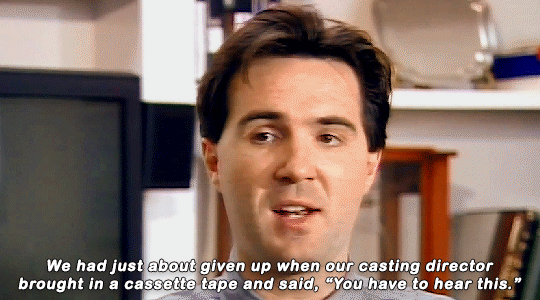

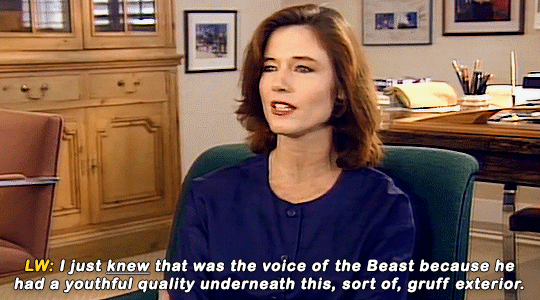


Director Kirk Wise, screenwriter Linda Woolverton, and actor Robby Benson on casting the Beast [x]
They gave me an incredible amount of freedom. I didn't want Beast to be a cartoon character. I played it as though I were doing a Broadway show. As if this was a living person. And I wanted him to be funny. By funny, I don't mean shtick or one-liners. I am talking about real comedy. When real comedy works, and is truthful, especially with the Beast, it comes out of the fact that he is so pathetic. For some reason, I really understood that. Ha! Because of that, they gave me a lot of leeway. [x]
My first audition was recorded on, of all things, a Sony Walkman. As a musician, I had branched out into recording engineer and loved to play with sound. When I saw the Sony Walkman I knew it had a little condenser microphone in it, and if I were to get too loud, the automatic compressor and built-in limiter would 'squash' the voice— and there would be very little dynamic range to the performance. I did a quick assessment and wondered how many people who had come in to audition for the part were making that error: playing the Beast with overwhelming decibels, compressing the vocal waveforms. I decided to give the Beast 'range.' Because of my microphone technique, and an understanding of who I wanted Beast to be, they kept asking me to come back and read different dialogue. After my fifth audition, Jeffrey Katzenberg the hands-on guardian of the film, said the part was mine…
Beauty and the Beast was so refreshingly fun and inventively creative to work on that I couldn't wait to try new approaches to every line of dialogue. Don Hahn is one of the best creative producers I have ever worked with. The two young directors, Kirk Wise and Gary Trousdale, were fantastic and their enthusiasm was contagious. I not only was allowed to improvise, but they encouraged it. It never entered my mind that I was playing an animated creature. I understood the torment that Beast was going through: he felt ugly; had a horrible opinion of himself, and had a trigger-temper. Those are things that, if done right, are the perfect ingredients for comedy. Painful and pathetic comedy— but honest. The kind of comedy I understood...
In the feature world of Disney animation, the actors always recorded their dialogue alone in a big studio, with only a microphone and the faint images of the producers, writers, directors and engineer through a double-paned set of acoustic glass. Paige O'Hara and I became good friends; it was her idea that for certain very intimate scenes, such as when Beast is dying, we record together. We were able to play these scenes with an honest conviction that is often absent in the voice-over world...
The success of this film was the culmination of a team effort but I must say, the honors go to the animators— and for me (Beast), that's Glen Keane — and to Howard Ashman and Alan Menken. This was the perfect example of a crew who 'cared'. And the final results (every frame) of the film represent that sentiment. [x]
#beauty and the beast#disneyedit#robby benson#kirk wise#linda woolverton#actor#director#writer#my gif
7K notes
·
View notes
Note
yep she apologized after flipping the table post chicanery and then after paige scolds her for not answering the phone and she's all 🥺🥺
ah I thought so! also related, shout out to next episode where her guilt fades for five minutes when Howard is for real a condescending prick, but also actually calls her and Jimmy out for weaponising against Chuck.
1 note
·
View note
Text
i love aliyah boston, i love caitlin clark, i love paige bueckers, i love angel reese, i love breanna stewart, i love nika muhl, i love a’ja wilson, i love napheesa collier, i love kk arnold, i love kahleah copper, i love brittney griner, i love kamilla cardoso, i love kate martin, i love dijonai carrington, i love sydney colson, i love jewell loyd, i love gabbie marshall, i love chennedy carter, i love kelsey plum, i love azzi fudd, i love liz kitley, i love courtney williams, i love cameron brink, i love rickea jackson, i love rhyne howard, i love allisha gray, i love molly davis, i love skylar diggins, i love arike ogunbowale, i love nalyssa smith, i love alyssa thomas, i love jacy sheldon, i love dewanna bonner, i love kelsey mitchell, i love erica wheeler, i love gabby williams, i love diamond deshields, i love alissa pili, i love sabrina ionescu, i love jonquel jones, i love aaliyah edwards
40 notes
·
View notes
Text
136 notes
·
View notes
Text
Questions I still have after finishing Haven (in no particular order):
Why did Dave see Sarah as his biggest fear in 2x02? And why did Vince ask if he'd seen Lucy? Also what did Nathan see? (That one isn't really plot revelant but I'm curious)
What happened to James after the barn exploded when Nathan shot Howard? Where did he go and how did he survive? How did he then later become a baby again in the series finale? I've sort of been just assuming that the barn has de-aging powers which is how Audrey stayed young. (I know they also say she was immortal, but I headcanon her species doesn't age unless they're in their own realm, not on Earth) so the only thing I can think of is he got lost in the Void til the new barn was made and then he was healed and de-aged??
How did Audrey come back as Paige when they said she wouldn't be able to come back at all? (I'm very happy about this, but even a sentence explaining a loophole would've been nice)
How did James and Arla know about the solution of Audrey/Lucy killing the man she loved to end the Troubles? In 3x13, James tells Audrey that he and Lucy figured it out together (we can assume he then told Arla there was another way to end the Troubles.) But in 5x20, Lucy overhears Nathan tell into Garland, and then immediately meets James at the beach and doesn't tell him about it. James even says he's sad they never found a way to end the Troubles. He dies pretty much immediately after. I feel we may have to chalk this up to a plot hole but man that's a big one and it would bum me out they didn't explain it. Only thing I can think of is Nathan changed the past but that opens a whole different can of worms... plus they sort of imply that Nathan and Duke and Vince never actually changed anything in the past and it's just how things always happened.
How and when was Simon Crocker killed? He says Lucy killed him (and later I think Vince mentions helping) but (and okay I may be wrong about this) doesn't the original Lucy Ripley say in 2x11 that Lucy/Audrey came to visit her before going back into the barn and then months later Simon came asking about her? What's the timeline here? And what were the circumstances surrounding Simon's death?
19 notes
·
View notes
Note
i would love Rhyne and Paige together (they also played on Team USA together!!) but unless Atlanta finds a new coach there’s no way in hell she needs to go there 😔💔
yeah that coach needed to be fired like yesterday
but likeeee i wouldn’t be mad at paige to ATL as long as the coach is gone
1 note
·
View note
